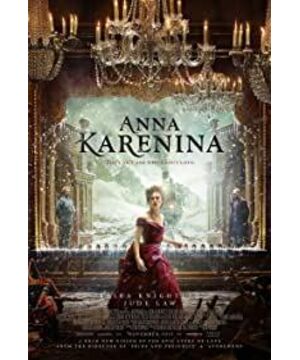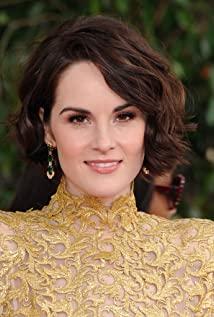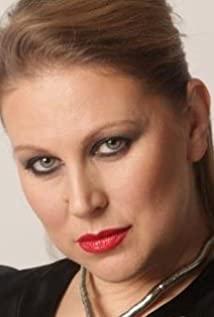I haven't read the original book or the previous movie version, but the content of this movie is full for me: 1 pair of protagonists and 2 groups of comparisons.
In the comparison between brother-sister-in-law and Anna-Wronsky, the quantification of cheating is determined, and the variable is gender. From the perspective of social convention, the male-merry brother has cheated, everything is business as usual; and Anna cheated-if she breaks the law, I'll visit her; but she breaks the rule.... Stubborn and willful, she would also start using morphine to relieve the panic and anxiety of blocking people.
The comparison between kitty-small farmer and Anna-Worlensky confirms that love exists quantitatively, the variable is personality, and the comparison in action: kitty can love Warrensky, and can also love the small farmer after failure ; Anna loved Vronsky and could not love any more. Love to kitty is good to me, and I'll be good to you, even better if you're handsome; to Anna it's Voronsky, no one, or, in addition, maybe—these specious words . There is no right or wrong, Arland Bolton said he has heard the phrase "If you hadn't heard of love, many people would not fall in love". Alan should refer more to Anna's love, unique, arrogant and domineering.
View more about Anna Karenina reviews










